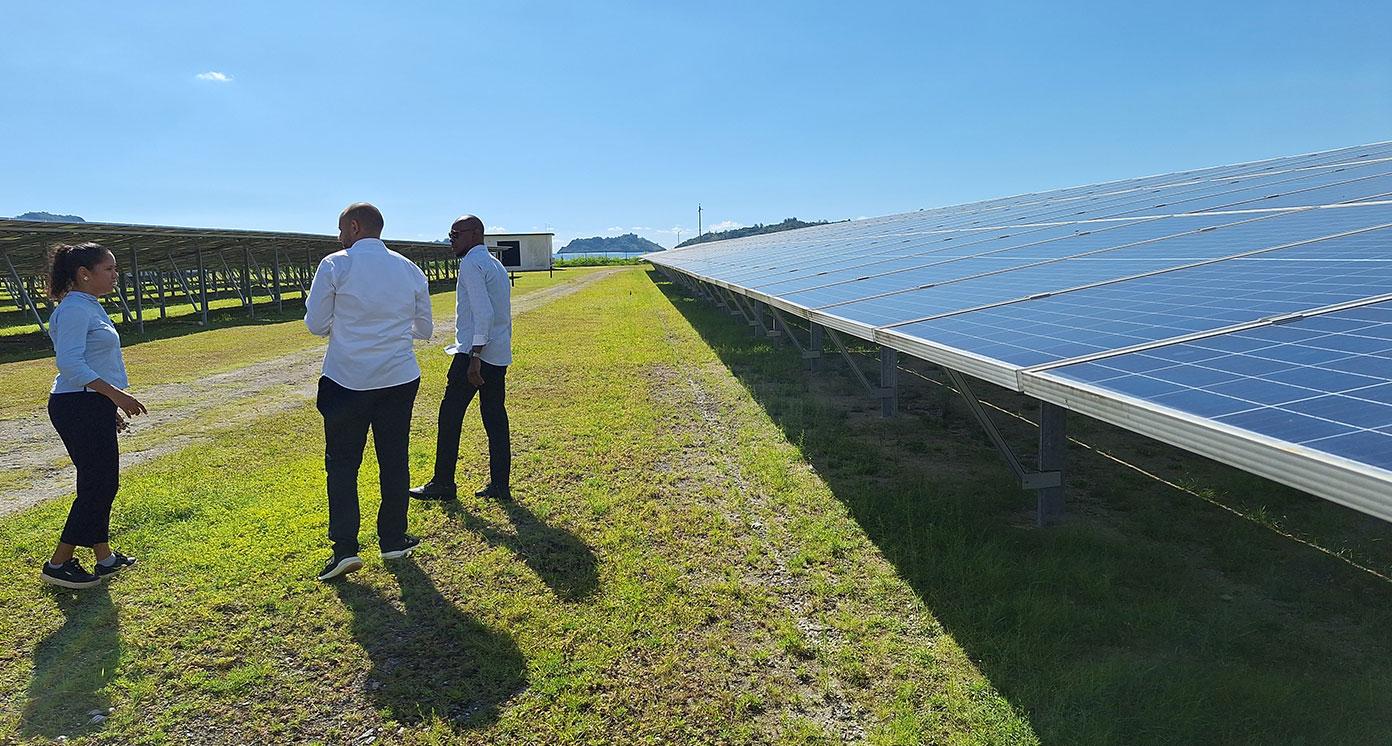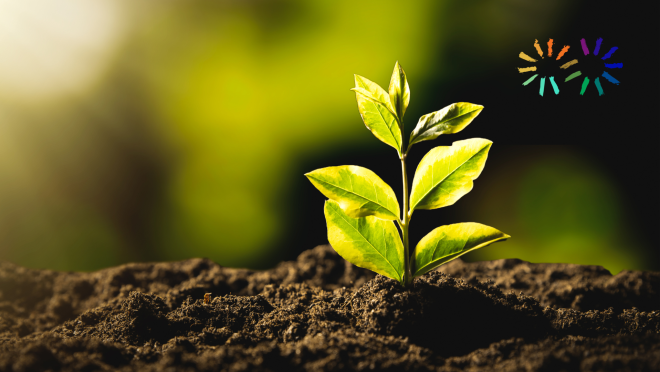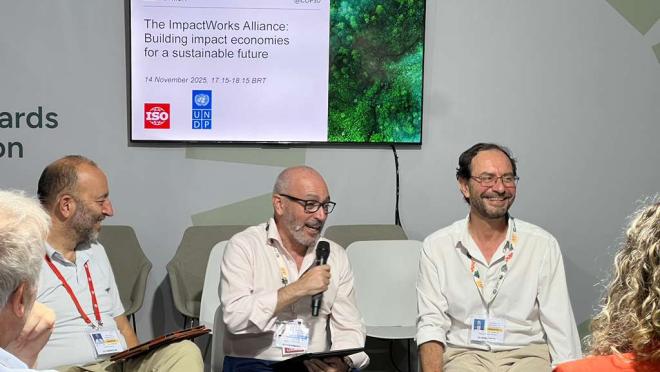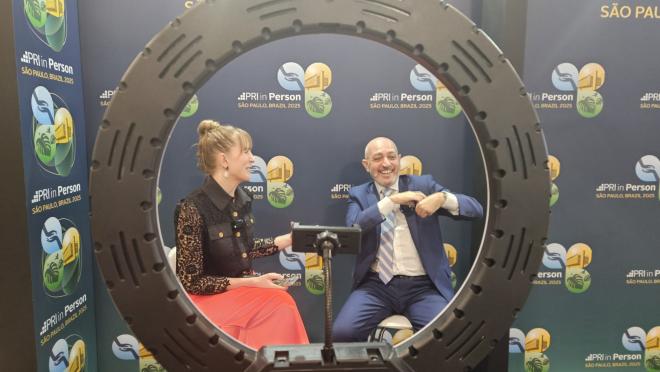On a quiet morning in Mahé, Seychelles, members of a Malian delegation walked among rows of solar panels at the Romainville solar farm. The five-megawatt site, a key part of Seychelles’ clean energy transition, wasn’t just impressive for its technology. It showed what’s possible when national priorities and private investment come together with purpose.
The visit was part of a four-day study tour from 22 to 25 April 2025, where representatives from the Agence pour la Promotion des Investissements au Mali (API-Mali) and the United Nations Development Programme (UNDP) Mali Country Office met with counterparts in Seychelles to exchange experiences on unlocking investment for sustainable development. As Mali prepares to roll out its own national strategy, the team came to see how Seychelles has turned ambition into action.
At the center of that strategy is the SDG Investor Map—a tool designed to spotlight investment areas that align national development priorities with private sector demand. Developed with UNDP support and featured on the global SDG Investor Platform, the SDG Investor Map goes beyond planning. With strong political leadership, local ownership, and sector focus, it becomes a living tool to connect capital with opportunity.
A View from the Ground
The delegation focused on sectors that closely align with Mali’s development goals, including renewable energy, sustainable agriculture, aquaculture, and support for small businesses. What stood out most were the practical examples of how these priorities are being implemented in Seychelles.
At one of the local sites, the group learned how access to cold storage and processing facilities is helping producers reduce waste and reach wider markets. At a business development center, they saw how the “Made in Seychelles” label is helping small enterprises formalize and gain visibility. Also, financial literacy training is equipping entrepreneurs with the tools to manage risk, plan for growth, and strengthen day-to-day operations.
The delegation also observed how Seychelles is using geospatial data to guide planning and how circular economy principles are being integrated into agriculture. These innovations are directly relevant to Mali’s own development context.
Learning from Leadership
A key lesson from the visit was the importance of political commitment. Seychelles launched its SDG Investor Map in July 2023 with high-level support, including endorsement from the President and active engagement from Cabinet leaders. A national advisory committee brought together stakeholders from government, the private sector and civil society to shape the map and identify meaningful investment opportunities.
This inclusive approach helped ensure the SDG Investor Map was co-owned by public and private stakeholders, designed to be participatory and adaptable to evolving needs. Sector dialogues, promotional materials, and stakeholder workshops supported its rollout and helped keep it visible and relevant across audiences.
“Crossing perspectives between the public and private sectors is essential to the success of such an initiative, whose major challenge remains practical implementation,” one delegate noted. Another added, “The map marked a paradigm shift—projects are no longer defined solely by investors, but by the country’s needs.”
Shared Priorities and Lasting Connections
While Seychelles is classified as a high-income country, participants noted the shared challenges that small and vulnerable economies face. Conversations with government officials, private sector representatives and civil society offered valuable perspectives on resilience, inclusion and the importance of sustained stakeholder engagement.
The visit served not only as an opportunity for learning but also as a platform to strengthen ties. Mali and Seychelles are now exploring continued collaboration, including potential engagement at the Africa Investment Forum in Bamako later this year.
API-Mali and UNDP Mali expressed their appreciation to the teams in Seychelles and Mauritius, the UNDP Africa Sustainable Finance Hub, and all partners involved. Their openness and support made the exchange meaningful and constructive.
This experience is part of a broader effort across the region to align investment with sustainable development. Countries are finding shared solutions and building ecosystems where private capital can deliver tangible benefits for people and the planet.


















